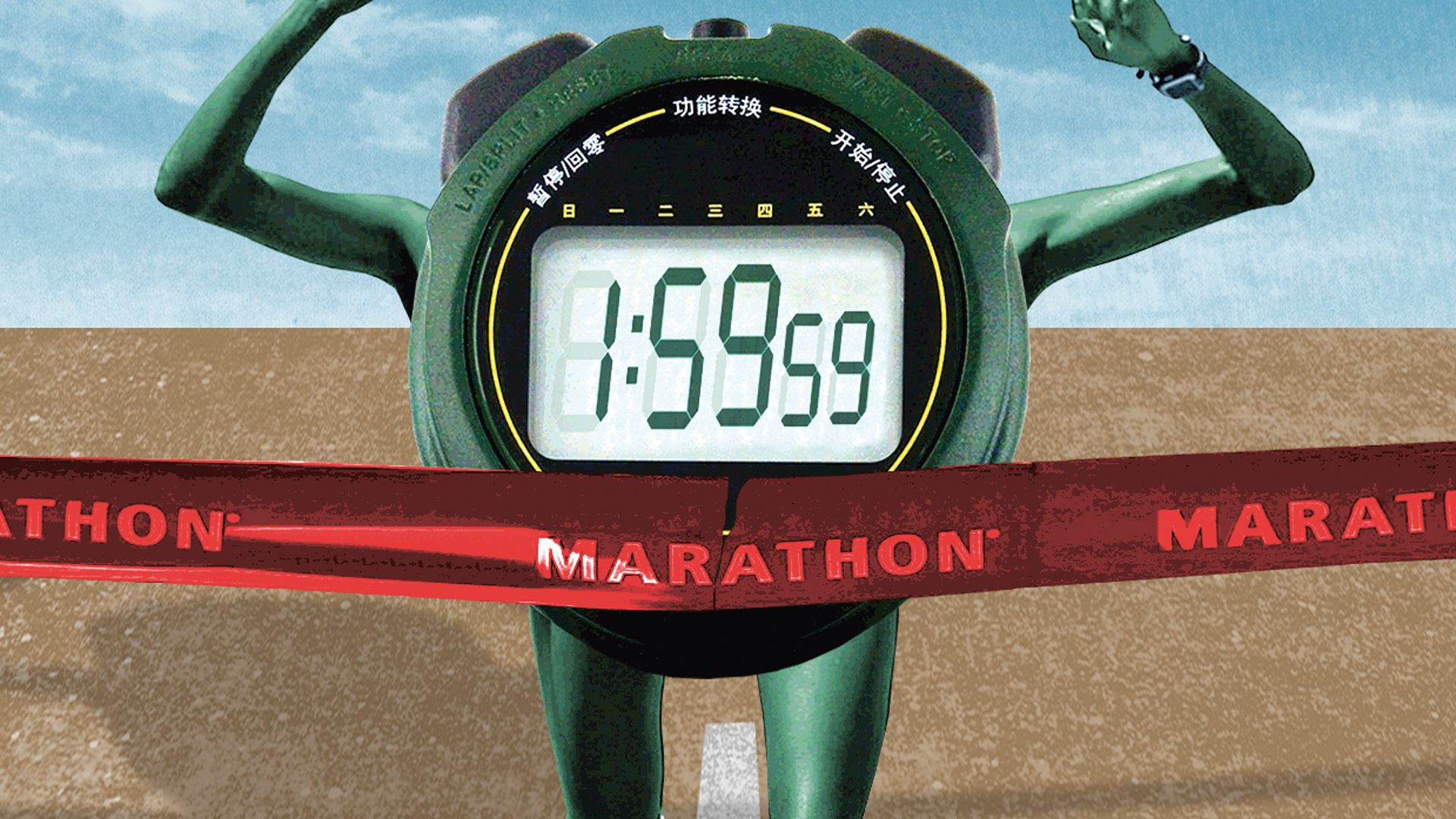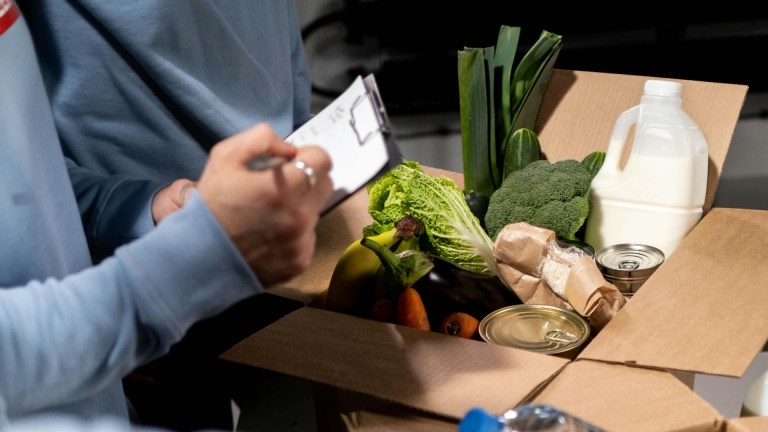The story was more of a sprint in the Scottish Daily Mail and the i, with the former opting for “Marathon wait for two-hour record” and “Marathons ‘in less than two hours’” in the latter.
But is it true that we are a long distance away from seeing someone finally break the two-hour barrier in a competitive marathon race?
Facts. Checked.
The truth here is a lot more nuanced than the headlines suggest. While it is true that it is unlikely that the milestone will be smashed until 2032, there can be none of the certainty present in the above stories.
All of the coverage stems from research carried out by Dr Simon Angus, an associate professor at Monash University in Australia, who analysed male and female world record times since 1950 and used that as the basis to predict future efforts.
His analysis over that period concluded: “While a sub-two-hour run could occur any time between now and May 2032, the likelihood of that occurring is extremely rare.”
But it is still not that likely in 13 years – Dr Angus’ findings discovered that there is a one-in-10 chance of achieving a time below two hours by then.
Advertising helps fund Big Issue’s mission to end poverty
Reaching the landmark time by June 2024 is rated as a five per cent chance, while there is a one-in-four chance of March 2024 being the magic month.
But Dr Angus concedes that the record could tumble at virtually any time even if the two-hour barrier remains – there is a two per cent chance of Kipchoge smashing his record time tomorrow.
Although, if you cast your eye over the last seven fastest times, that seems even more unlikely. All were set at the Berlin Marathon which offers the perfect mix of running-friendly September conditions, joint-friendly asphalt and a flat course with few corners.
And here is a good point to query the Mail Online’s “strong enough” headline claim – it is not just a case of human development but improved equipment, techniques and strategies too.
However, the number-crunching is only applicable to men’s times. The Telegraph’s headline is true: Dr Angus does not think that women will ever topple the two-hour mark.
Brit Paula Radcliffe still holds the women’s record for her time set at the 2003 London Marathon, a 2hr 15mins 25secs finish.
Advertising helps fund Big Issue’s mission to end poverty
But the Australian academic reckons that this can only be bettered to reach an optimum women’s marathon time of 2hrs 7mins 33secs. That figure is based on calculating the male limiting time – 1hr 58mins 5secs – and adding on the 1.62 per cent variance seen on average between the two genders’ times.
So, while it is likely that we will see marathon record times tumble in the future, the race to finish below two hours still has a long way to run.
Illustration: Miles Cole










